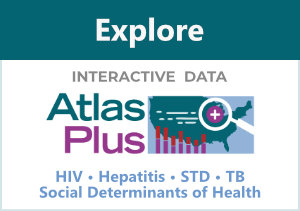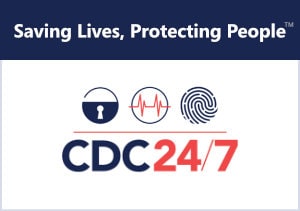Mental Health
The majority of gay and bisexual men have and maintain good mental health, even though research has shown that they are at greater risk for mental health problems. Like everyone else, the majority of gay and bisexual men are able to cope successfully if connected to the right resources.
However, ongoing homophobia, stigma (negative and usually unfair beliefs), and discrimination (unfairly treating a person or group of people) can have negative effects on your health. Research also shows that, compared to other men, gay and bisexual men have higher chances of having:
- Major depression,
- Bipolar disorder, and
- Generalized anxiety disorder.
Gay and bisexual men may also face other health threats that usually happen along with mental health problems. These include more use of illegal drugs and a greater risk for suicide. Gay and bisexual men are more likely than other men to have tried to commit suicide as well as to have succeeded at suicide. HIV is another issue that has had a huge impact on the mental health of gay and bisexual men. It affects men who are living with HIV; those who are at high risk, but HIV negative; and loved ones of those living with, or who have died from HIV.
Revealing Sexual Orientation
Keeping your sexual orientation hidden from others (being “in the closet”) and fear of having your sexual orientation disclosed (being “outed”) can add to the stress of being gay or bisexual. In general, research has shown that gay and bisexual men who are open about their sexual orientation with others have better health outcomes than gay and bisexual men who do not. However, being “out” in some settings and to people who react negatively can add to the stress experienced by gay and bisexual men, and can lead to poorer mental health and discrimination.
Keys to Maintaining Good Mental Health
Having a supportive group of friends and family members is often key to successfully dealing with the stress of day-to-day life and maintaining good mental health. If you are unable to get social support from your friends and families, you can try finding support by becoming involved in community, social, athletic, religious, and other groups. Mental health counseling and support groups that are sensitive to the needs of gay and bisexual men can be especially useful if you are coming to terms with your sexual orientation or are experiencing depression, anxiety, or other mental health problems.
While many gay, bisexual, and other men who have sex with men may not seek care from a mental health provider because of a fear of discrimination or homophobia, it is important to keep this as an option and to find a provider that is trustworthy and compatible. The HIV Treatment Works Campaign also has helpful resources to address common issues and questions.
- Cochran, S.D. Mays, V.M. (2008). Prevalence of primary mental health morbidity and suicide symptoms among gay and bisexual men. In Wolitski, R.J., Stall, R., Valdiserri, R.O., Unequal Opportunity: Health Disparities Affecting Gay And Bisexual Men In The United States. New York: Oxford University Press.
- Hayes, R.B., Turner, H., Coates, T.J. (1992). Social support, AIDS-related symptoms, and depression among gay men. J Consult Clin Psychol. 60(3): 463-469.
- Start Talking. Stop HIV. Campaign (CDC)
- Start Talking. Stop HIV. – Disclosing HIV Status (CDC)
- “It Gets Better Project” for LGBT Youth
- Sexual Orientation and Homosexuality (American Psychological Association)
- Coping with Depression (The Body)
- Depression (GLMA)
- Ten Things Gay Men Should Discuss with their Health Care Providers (GLMA)
- LGBT Health Clinics and Services (CDC)
- HIV and Mental Health: The Challenges of Dual Diagnosis [PDF – 183 KB] (NASTAD)
- HIV and Anxiety [PDF – 203 KB] (American Psychiatric Association)
- HIV and People with Severe Mental Illness (SMI) [PDF – 311 KB] (American Psychiatric Association)
- Staying Healthy with HIV/AIDS: Taking Care Of Yourself: Mental Health. (AIDS.gov)
- The Trevor Project– A national organization focused on crisis and suicide prevention among lesbian, gay, bisexual, transgender, and questioning (LGBTQ) youth



